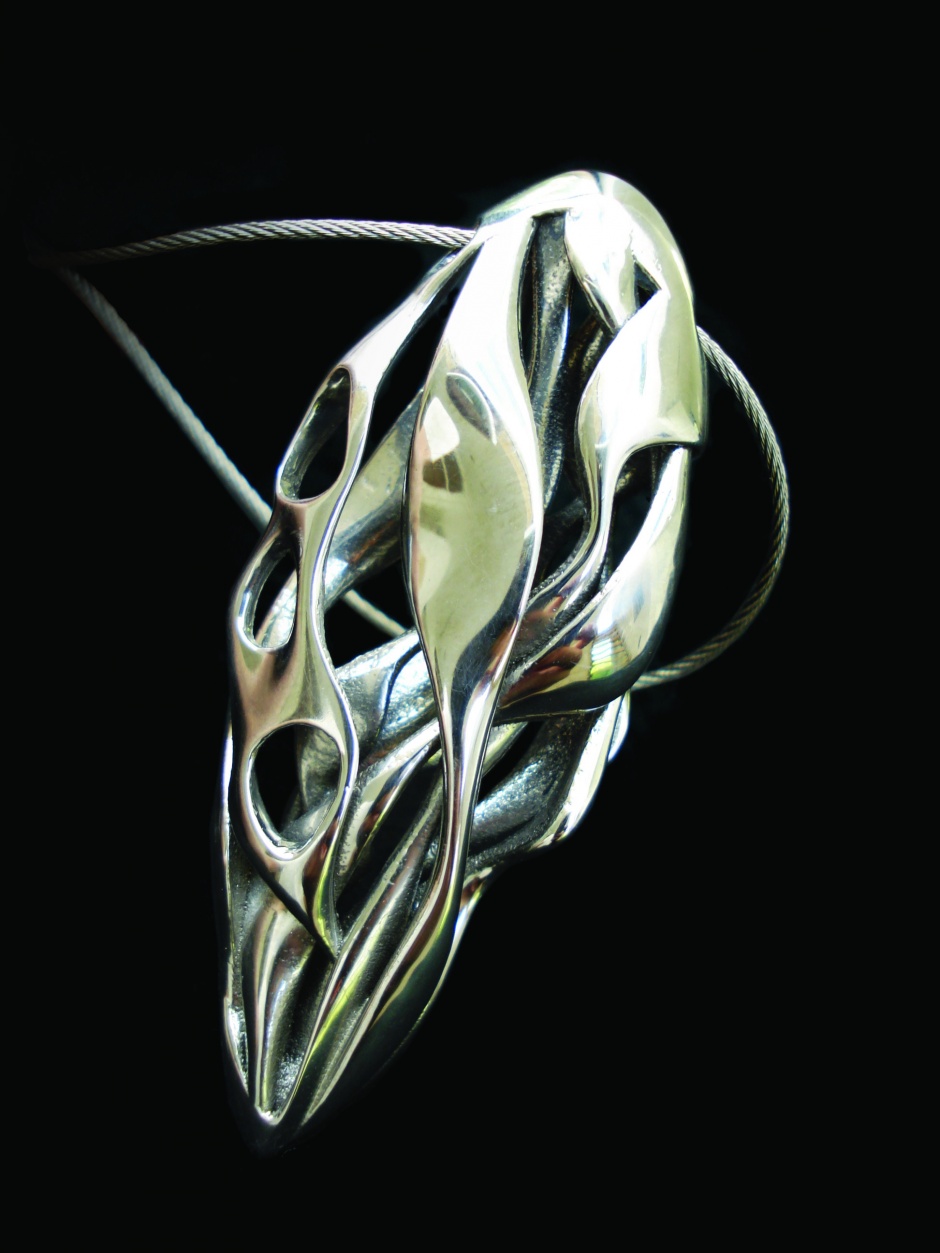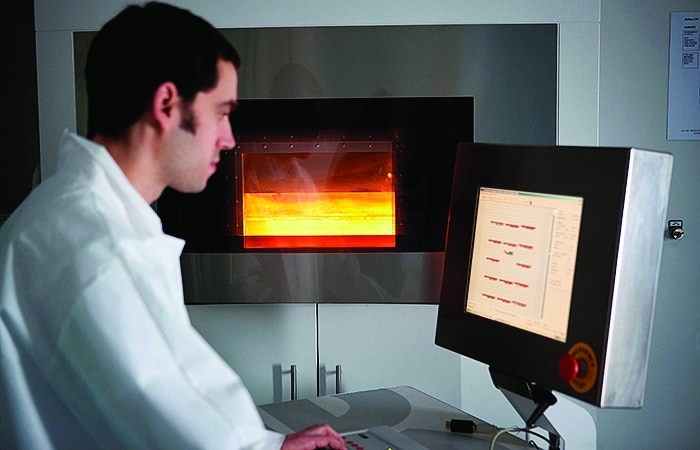The Additive Manufacturing (AM) Steering Group has done a great job of creating a vision for the nascent sector, while agreeing a clear five-point plan to achieve its £5bn aspiration within the next decade.
However, as a dynamic SME working in high value manufacturing, our single biggest challenge is the lack of engineering graduates with a broad appreciation of emerging technologies, coupled with the creativity to apply them in novel ways.
Our single biggest challenge is the lack of engineering graduates with a broad appreciation of emerging technologies, coupled with the creativity to apply them in novel ways.
This is a key challenge for UK manufacturing that should be on the agenda for universities, schools, colleges and industry.
We are looking for young people who may well have a strong academic background, but as importantly can think creatively, have been busy doing their own practical engineering projects and are inquisitive. They should look at the world in terms of ‘how can this technology be applied elsewhere’. We want them to have a 360-degree view of the world, taking inspiration from all around them - not coming with a narrow, course-focused or theoretical approach.

The challenge goes further back than this. Schoolchildren are not sufficiently exposed to, or assessed on, their creative thinking or problem solving skills - and they should be. At school and in further education, we continue to adopt a silo mentality, where sciences and the arts rarely meet.
Advancements in additive manufacturing mean that engineers can now take much more inspiration from nature. We need to get this message across to boys and girls in their formative years. And while the focus on STEM subjects is not a bad thing, there is a groundswell of opinion within industry that we need students to cover STEAM topics – science, technology, engineering, arts and mathematics. The arts should be a critical part of our engineering future.
Extra-curricular projects such as F1 in Schools or Formula Student are excellent opportunities for young people to develop both their engineering skills and their creative skills, but the approach these projects take should not be just an add-on to the educational diet, but embedded within the curriculum. Primary schools often take a project-based approach to learning but we need more of this.
We need to inspire more young people to go into engineering by showing them how creative it is. By pushing potential engineers down a STEM only route, we are not going to create the future engineers we will need.
A greater appreciation of the power of creative thinking from schools, universities, industry and policy makers would make a significant improvement in the UK’s global standing
We need our future engineers to be inquisitive. To ask the ‘what if’ questions. To have the confidence to accept failure when trying something new. Great engineers should be more than outstanding academics. I believe this grassroots change must start at school. What I’d like to see is an independent review of whether the current curriculum structure will deliver the engineers of the future.

Looking to the future, we need well rounded, young engineers who are exposed to the benefits and features of future technologies, so they can be creative and exploit these areas within the workplace. Every year new tools, new technologies, new materials and new processes are being invented and developed, but they are not being exploited as much as they could by engineers who may have excellent science and engineering skills; but don’t always know how to apply these tools creatively within the working environment.
Having a rich flow of informed graduate engineers who already understand the practical application of AM or who have the ability and thinking skills to consider how to apply AM in new ways, would provide the UK with an immediate competitive advantage over countries such as Germany, America and Japan, who are all already investing heavily in their knowledge base.
A greater appreciation of the power of creative thinking from schools, universities, industry and policy makers would make a significant improvement in the UK’s global standing as a centre for additive manufacturing and the wider engineering sector.
Kieron Salter is Managing Director of high performance engineering consultancy KW Special Projects. The firm contributed to the recent report on the UK's national strategy for manufacturing.




Red Bull makes hydrogen fuel cell play with AVL
Formula 1 is an anachronistic anomaly where its only cutting edge is in engine development. The rules prohibit any real innovation and there would be...